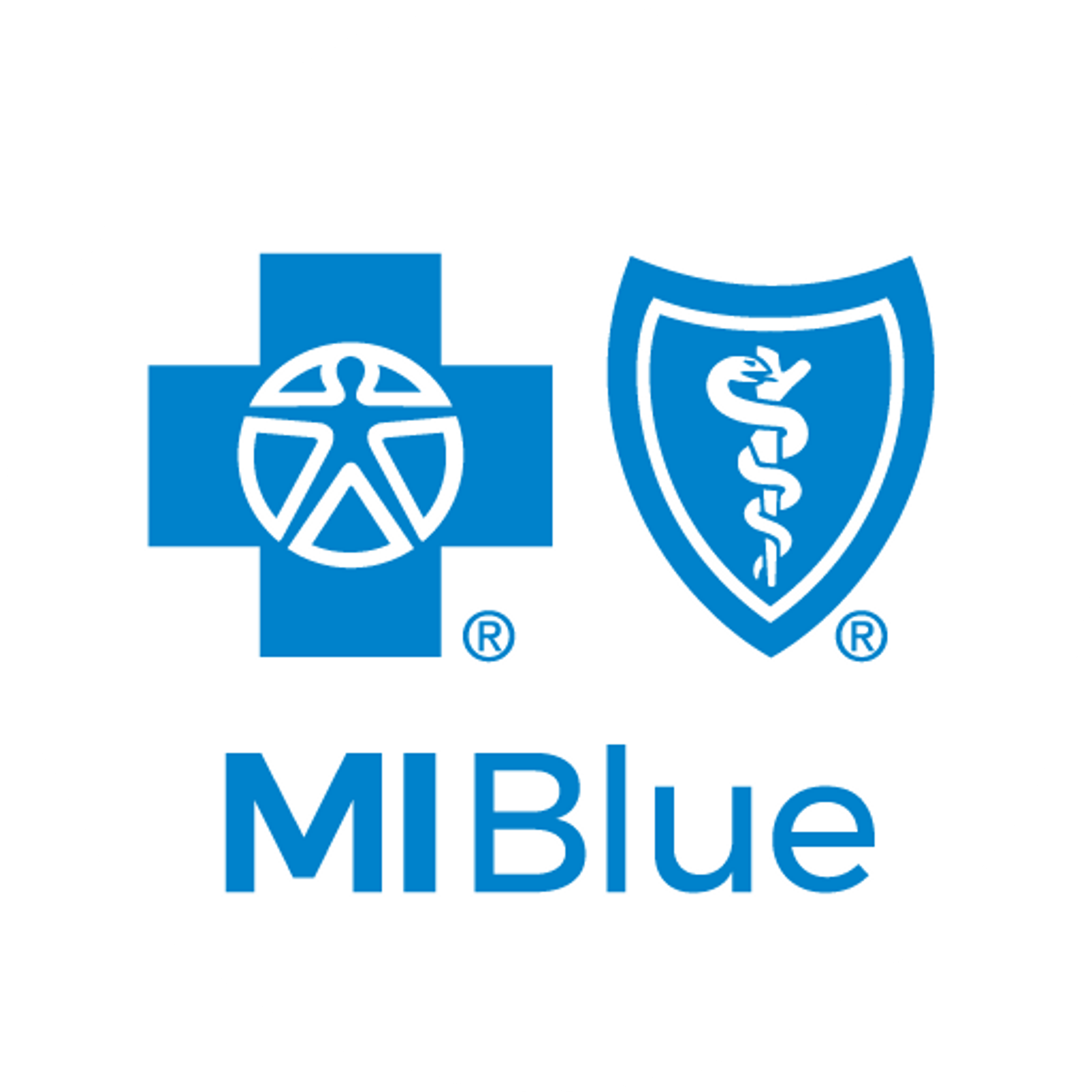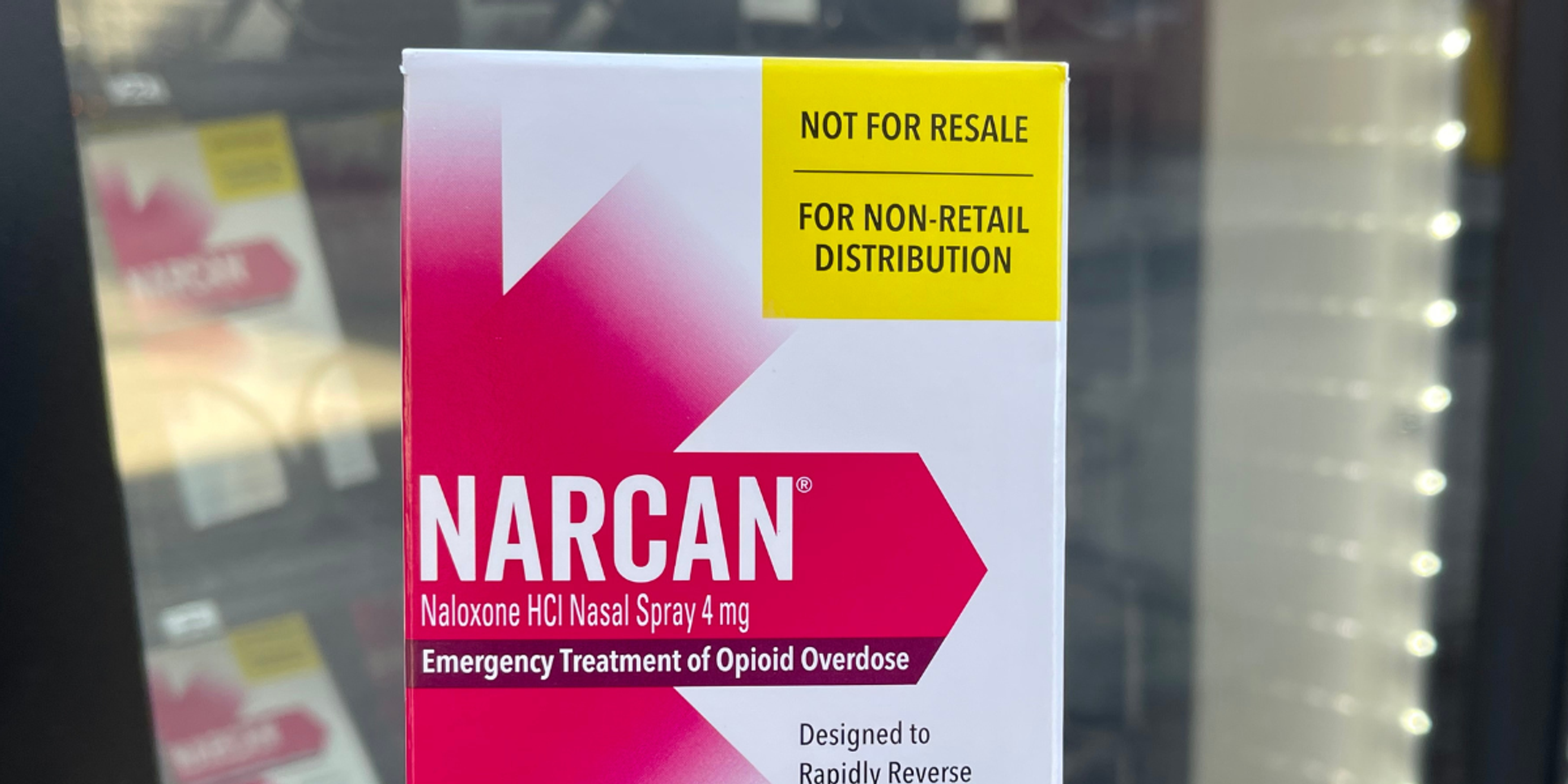5 Questions for Your Ophthalmologist

| 2 min read

- Do you accept my health insurance plan? Prior to making your appointment, assure that your ophthalmologist or optometrist accepts your healthcare plan. Have the office confirm your benefits and clarify any expenses you may incur.
- What can I expect during an exam? Appointments may vary from doctor to doctor, but usually, to start the conversation, your eye doctor will ask about your vision and medical history. They then may check your close and distance vision, have you read from charts of random letters, check your peripheral vision and/or color perception, test your eye pressure for glaucoma, and then examine the different parts of your eyes.
- Will my eyes be dilated for the exam? If so, you may need to wear sunglasses or other protection for the remainder of the day. Someone may also need to drive you home afterward.
- Would basic reading glasses or specialized lenses (such as progressives, transitions, or bifocals) be good options for me? Different lenses serve different purposes and usually suit different preferences. Ask for your doctor's input on what they think may function best for you and the strength of vision support you'll need.
- How should I properly care for my glasses and/or contacts? Confirm how to clean and store your vision tools so that any lenses, frames, or contact polymers stay in tact. It may also be helpful to ask about an appropriate replacement schedule and what solutions to use for cleaning, rinsing, and soaking.





